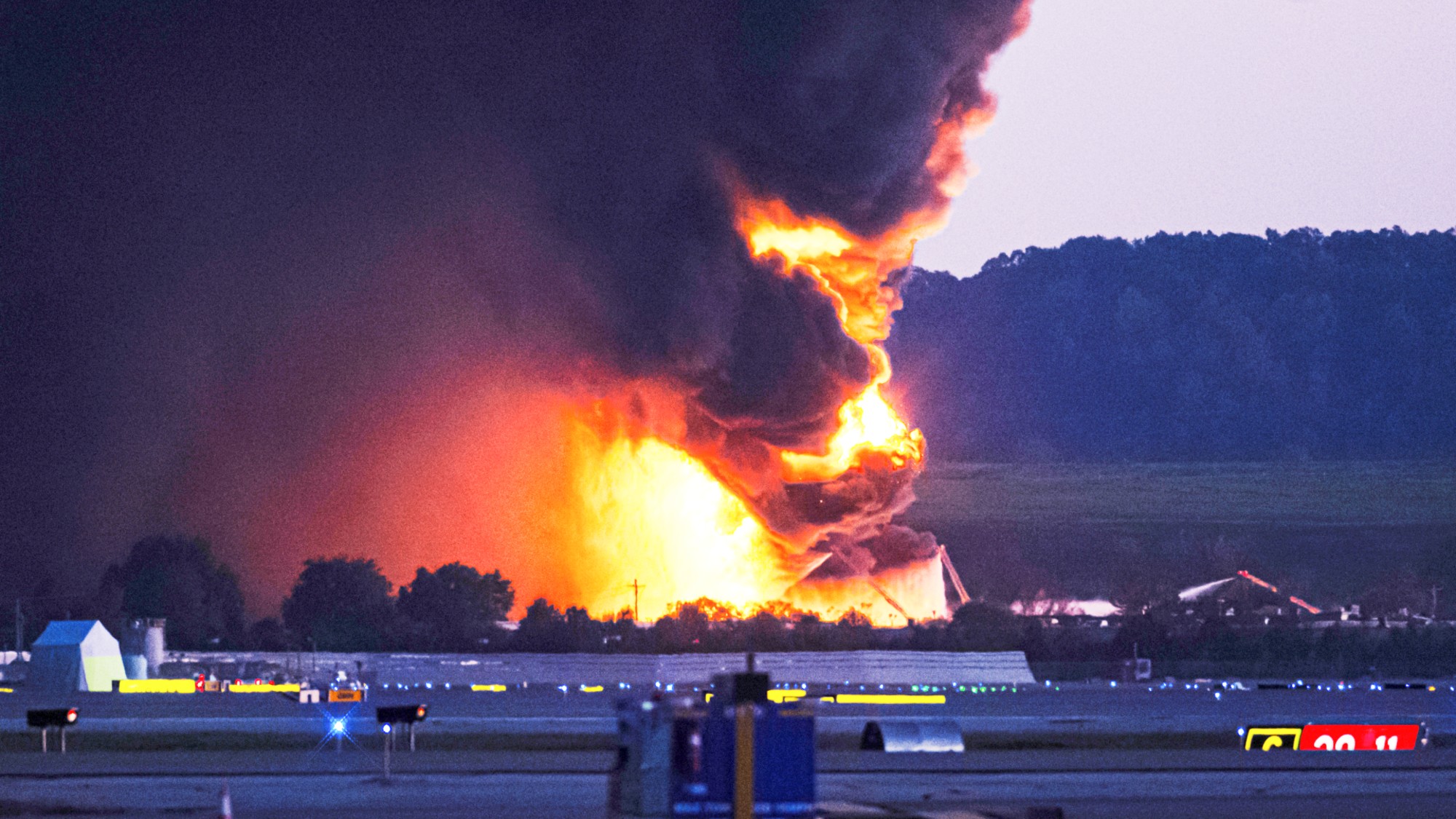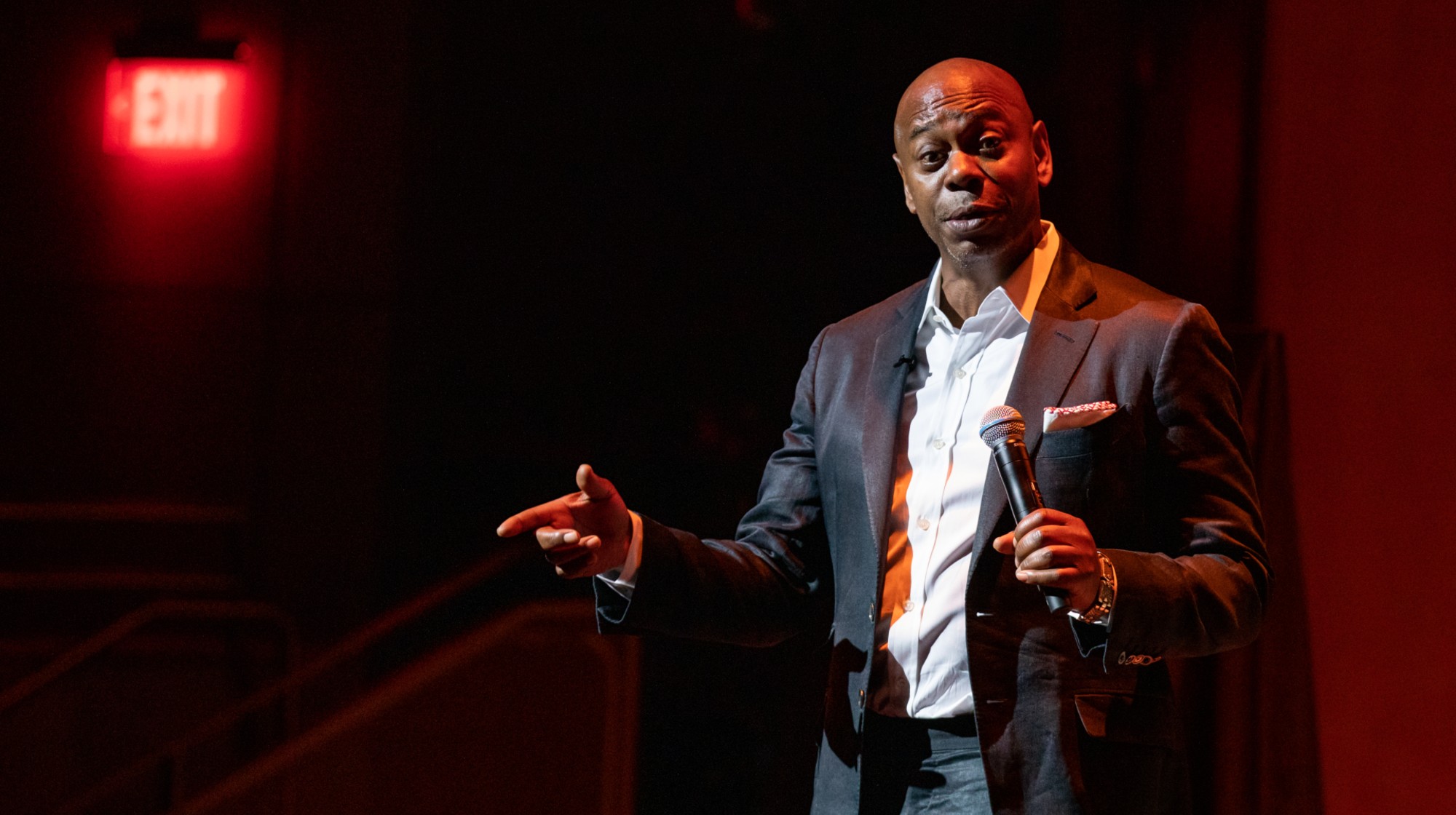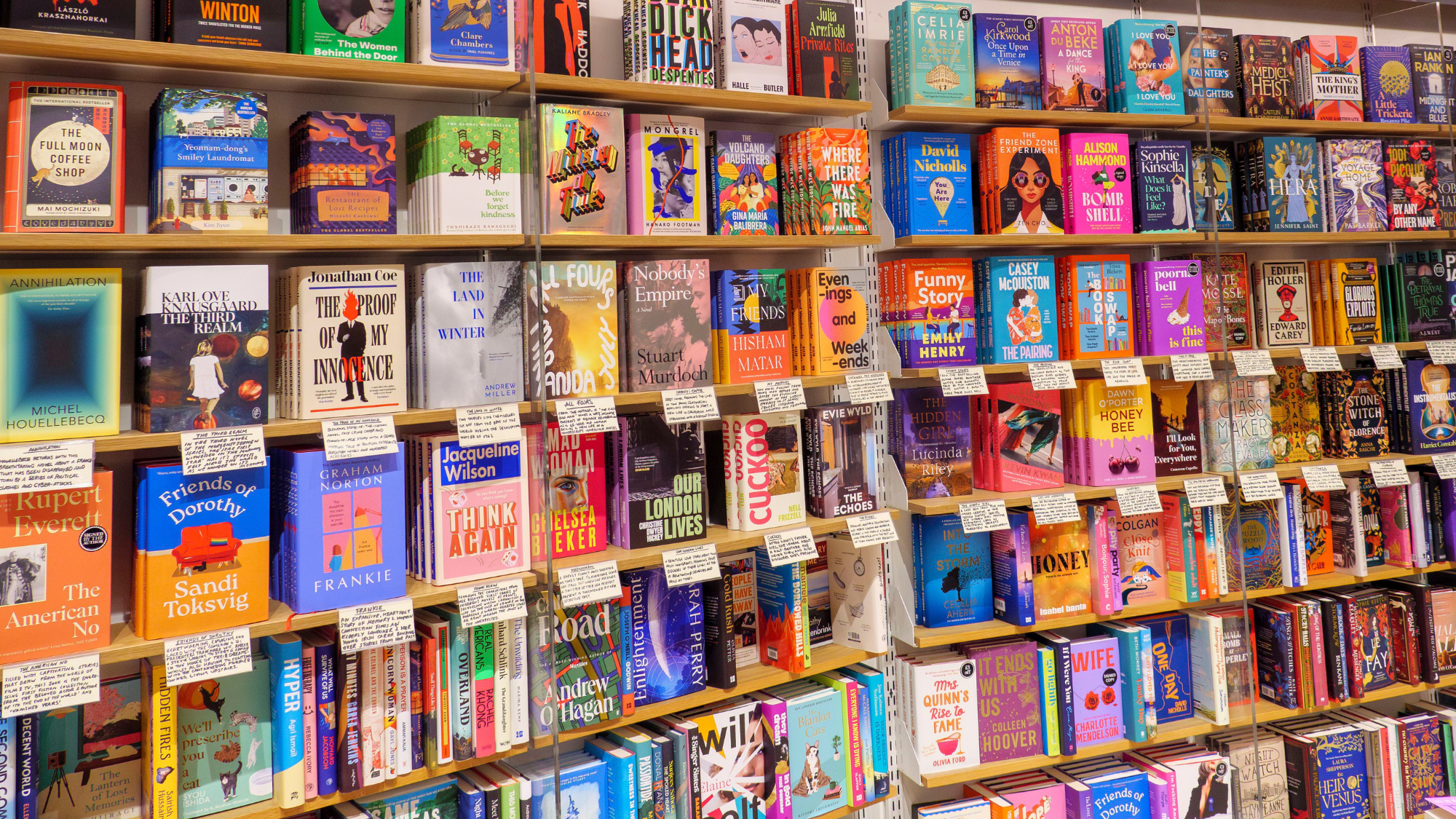'The Hum': the real-life noise behind The Listeners
Can some of us also hear the disturbing sound that plagues characters in the hit TV show – and where is it coming from?

A free daily email with the biggest news stories of the day – and the best features from TheWeek.com
You are now subscribed
Your newsletter sign-up was successful
A "surreal" new BBC drama about a strange phenomenon known as 'the Hum' is "not as far-fetched as you think", said Radio Times.
"The Listeners", adapted from Jordan Tannahill's novel of the same name, follows a group of people who are plagued by a mysterious, persistent, rumbling sound. And it's estimated that "4% of the global population are affected by the Hum", wrote Tannahill for The Guardian.
The TV drama is "freaky, brilliant TV", said the i news site. It "keeps you finely unbalanced throughout", said Lucy Mangan in The Guardian, as "our capacity for collective delusion and denial" are "dissected and laid out for horrified inspection".
The Week
Escape your echo chamber. Get the facts behind the news, plus analysis from multiple perspectives.

Sign up for The Week's Free Newsletters
From our morning news briefing to a weekly Good News Newsletter, get the best of The Week delivered directly to your inbox.
From our morning news briefing to a weekly Good News Newsletter, get the best of The Week delivered directly to your inbox.
Real and severe disturbance
The "earliest reliable reports" of the Hum emerged in the UK in the mid-1970s, wrote Tannahill, "most notably from Bristol", where letters began appearing in a local paper about a "low rumble" heard by dozens of city residents.
Then a series of Sunday Mirror articles about the Hum prompted a "flood of mail" from readers across Britain who had been suffering from "the same maddening sound", said How Stuff Works. Scientists at Southampton's Institute of Sound and Vibration Research noted the news reports and, in 1977, published a study in Applied Acoustics about a "particular environmental noise phenomenon which appears to be a cause of real and severe disturbance to certain people".
The Hum makes sufferers anxious and depressed, said How Stuff Works, and "in one tragic case" has been "linked to suicide". The sound has been compared to the rumble of a lorry idling and becomes "worse at night, making it hard to sleep". It can also "cause crippling headaches, nausea, nosebleeds and diarrhoea".
But what causes this phenomenon? Early theories about the Bristol Hum suggested it "came from large industrial fans used at a nearby warehouse", wrote Tannahill. Then marine scientists argued that an outbreak in Hythe might have been caused "by the mating call of male midshipman fish", which "emit ever-louder drones, sometimes for hours".
A free daily email with the biggest news stories of the day – and the best features from TheWeek.com
At "an Institute of Biology conference in 1973", it was even posited that "the jet stream, shearing against slower-moving air" might be causing a very low-frequency sound "that could then be amplified by electricity pylons".
Extreme fringe theories
In the decades since, more theories have been put forward. In 2015, a team of French scientists suggested that the Hum was caused by "ocean waves extending down to the ocean floor and shaking the Earth", while others concluded that "vibrations caused by volcanic eruptions and earthquakes" might be the culprit.
"Yet another theory", said Tannahill, centres on the "nearly eight million lightning strikes" that hit the earth every day, "building up an electromagnetic charge" that causes the air "between the surface of the earth and the ionosphere to resonate – much like the inside of a bottle when one blows across its top".
"As with any mystery", wrote Ellie Harrison for The Independent, the hum has been used "as a jumping-off point for wild conspiracy theories". These include everything from 5G masts to "extreme fringe theories around military and government sonic weaponry and mind control", Tannahill told the outlet.
Chas Newkey-Burden has been part of The Week Digital team for more than a decade and a journalist for 25 years, starting out on the irreverent football weekly 90 Minutes, before moving to lifestyle magazines Loaded and Attitude. He was a columnist for The Big Issue and landed a world exclusive with David Beckham that became the weekly magazine’s bestselling issue. He now writes regularly for The Guardian, The Telegraph, The Independent, Metro, FourFourTwo and the i new site. He is also the author of a number of non-fiction books.
-
 Political cartoons for February 15
Political cartoons for February 15Cartoons Sunday's political cartoons include political ventriloquism, Europe in the middle, and more
-
 The broken water companies failing England and Wales
The broken water companies failing England and WalesExplainer With rising bills, deteriorating river health and a lack of investment, regulators face an uphill battle to stabilise the industry
-
 A thrilling foodie city in northern Japan
A thrilling foodie city in northern JapanThe Week Recommends The food scene here is ‘unspoilt’ and ‘fun’
-
 Josh D’Amaro: the theme park guru taking over Disney
Josh D’Amaro: the theme park guru taking over DisneyIn the Spotlight D’Amaro has worked for the Mouse House for 27 years
-
 A 34-year-old plane is at the center of the UPS crash
A 34-year-old plane is at the center of the UPS crashIn the Spotlight Many air cargo companies use planes that are this old
-
 Saudi comedy fest exposes free speech schism in stand-up
Saudi comedy fest exposes free speech schism in stand-upIN THE SPOTLIGHT The decision by some of stand-up’s biggest names to attend a festival in a nation infamous for its censorship has the comedy world picking sides and settling old scores
-
 Lavender marriage grows in generational appeal
Lavender marriage grows in generational appealIn the spotlight Millennials and Gen Z are embracing these unions to combat financial uncertainty and the rollback of LGBTQ+ rights
-
 Bad Bunny headlining the Super Bowl thrills and rankles
Bad Bunny headlining the Super Bowl thrills and ranklesIN THE SPOTLIGHT The Puerto Rican superstar’s upcoming halftime performance has fans ecstatic, even as some conservatives gripe
-
 BookTok is reviving publishing – but at what cost?
BookTok is reviving publishing – but at what cost?In The Spotlight Social media recommendations are boosting book sales but critics give the trend mixed reviews
-
 Conservatism is rising. Just look at the music.
Conservatism is rising. Just look at the music.In the spotlight The radio reflects American culture
-
 Ozempic and its brethren are running headlong into American dining and dieting culture
Ozempic and its brethren are running headlong into American dining and dieting cultureIn the Spotlight Some restaurants are feeling the burn. So are beauty expectations.